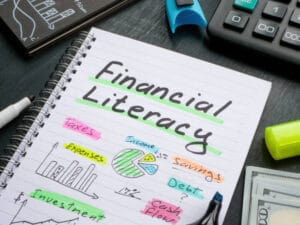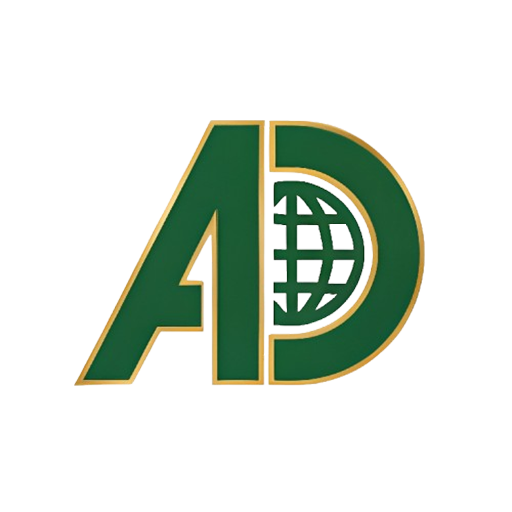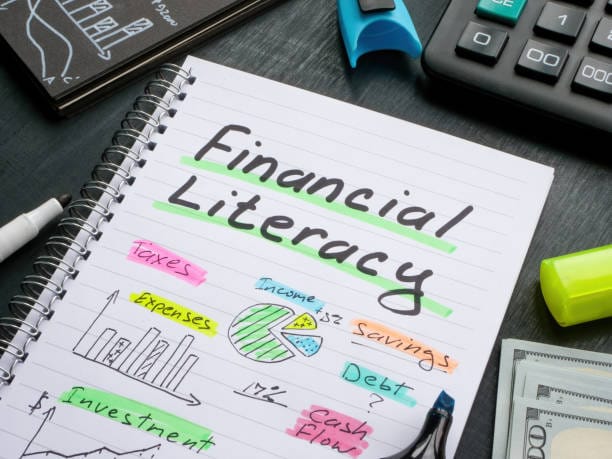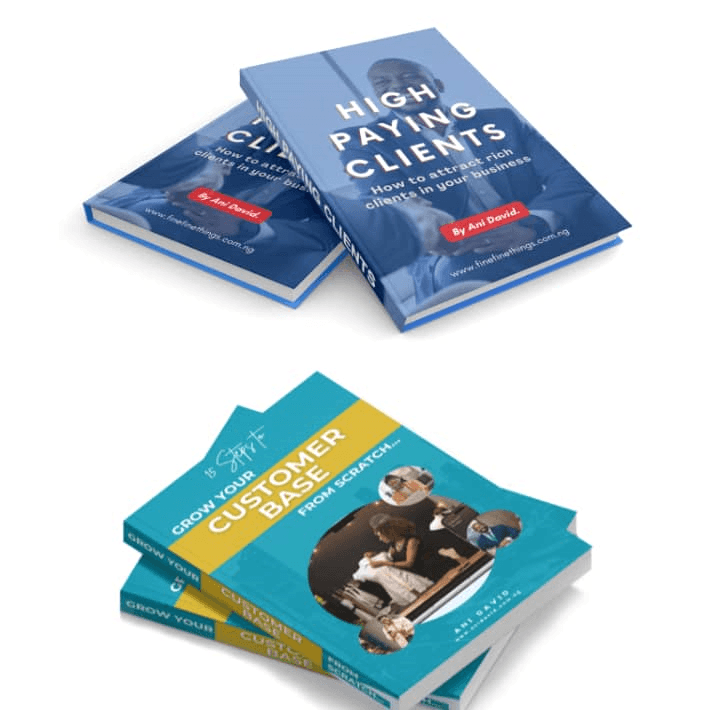
You Shocked?? ALL our articles ranks so high on Google to drive fast traffic, sales, rich clients and passive revenue for us and other businesses.. Contact Us For Yours
Ready to see how financial literacy resources are growing and how its a great thing.
In recent years, the internet has seen a steady rise in websites, tools, and platforms designed to help people understand personal finance.
From managing a monthly budget to decoding the fine print of a credit agreement, financial literacy is no longer locked behind academic institutions or expensive consulting fees.
Today, it’s available for free and often in formats that are accessible, informal, and even enjoyable.
This shift reflects a broader recognition that basic financial knowledge is essential.
With increasing economic pressure and complex financial products entering everyday life, individuals are expected to make informed decisions often without formal training.
Not surprisingly, online platforms are stepping in to fill that gap.
Some offer video courses or podcasts.
Others provide free tools like loan calculators or budget planners..
Financial Literacy Resources Are Growing

There are even mobile apps that send daily reminders to save or track spending.
A particularly approachable format is short-form content, bite-sized insights that simplify one concept at a time.
An example of this is Cash Radar, where financial tips are shared through short, clear content cards.
These are designed for people who may not want to read long articles or follow structured lessons, but still want to build better habits over time.
But this is just one of many options.
Different platforms serve different learning preferences.
Some users benefit from gamified apps, where good financial behavior is rewarded with points.
Others prefer YouTube explainers that break down concepts like compound interest or credit reports in everyday language.
And for many, social media accounts run by financial educators have become a regular source of guidance.
The key trend is that financial education is becoming decentralized and democratized.
There’s no single “best” source anymore, just a growing ecosystem of content that meets people where they are.
Whether someone wants to read, watch, listen, or interact, there is likely a format that fits their routine.
Of course, with so much information available, quality matters.
Not all advice online is accurate or trustworthy.
That’s why experts recommend cross-checking financial claims and choosing resources with transparent backgrounds, especially when decisions about debt, investments, or long-term planning are involved.
Still, the fact that people now have more opportunities to learn and more formats to choose from is a positive development.
As access to financial education grows, so does the potential for more informed, confident decision-making.
That benefits not just individuals, but entire communities.

👋🏽 Ani David right here!!!
If you would love us to write a promotional review about your business; write articles for your website; or even design a new and beautiful website for your business… Check out the Digital Services, we provide for businesses and companies...
IMPORTANT NOTICE: This post is not an endorsement of any platform or program mentioned. We are not affiliated with any third-party brand discussed here. Your decisions are solely your responsibility. See our full disclaimer here for important legal and content information





